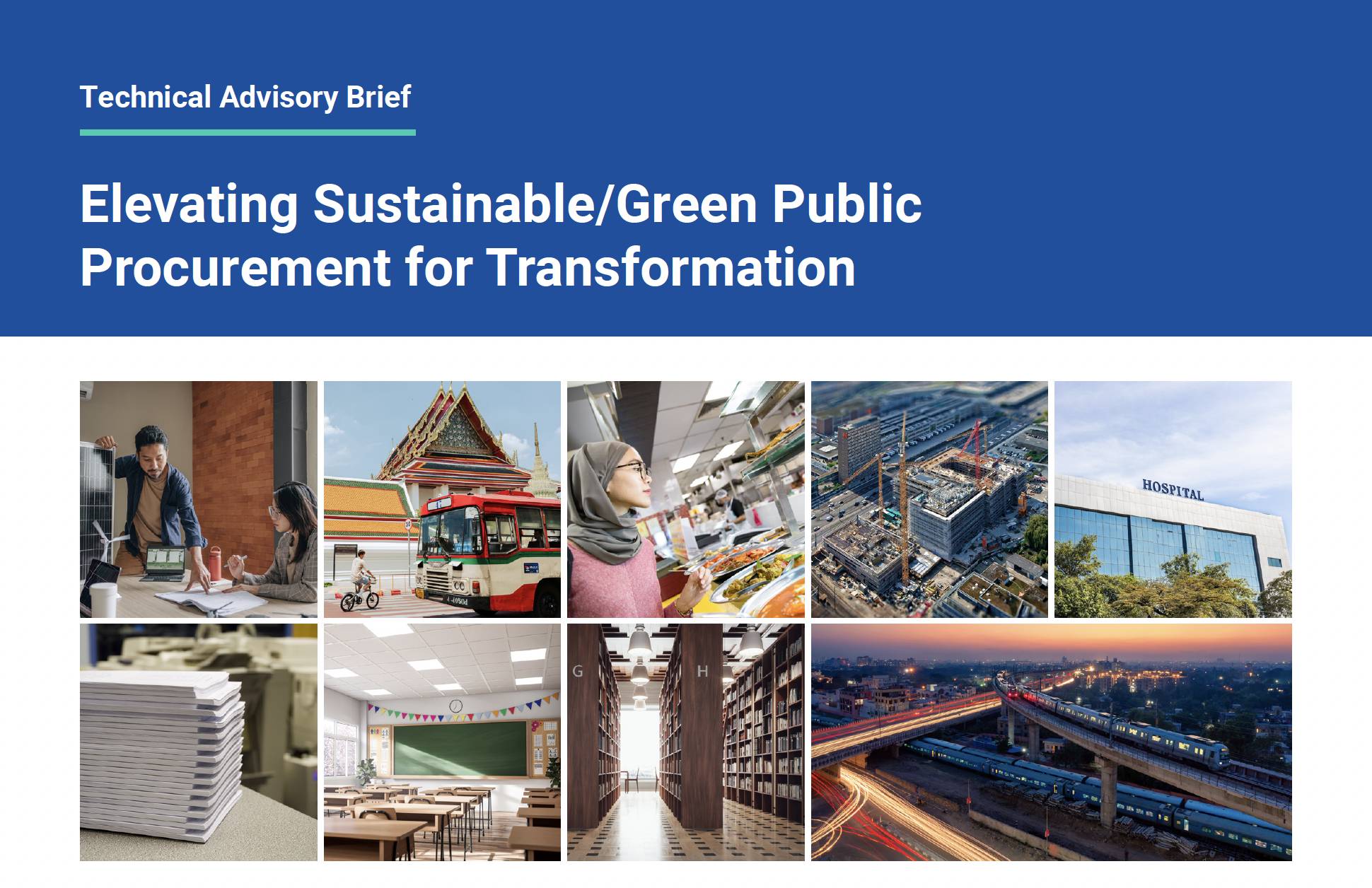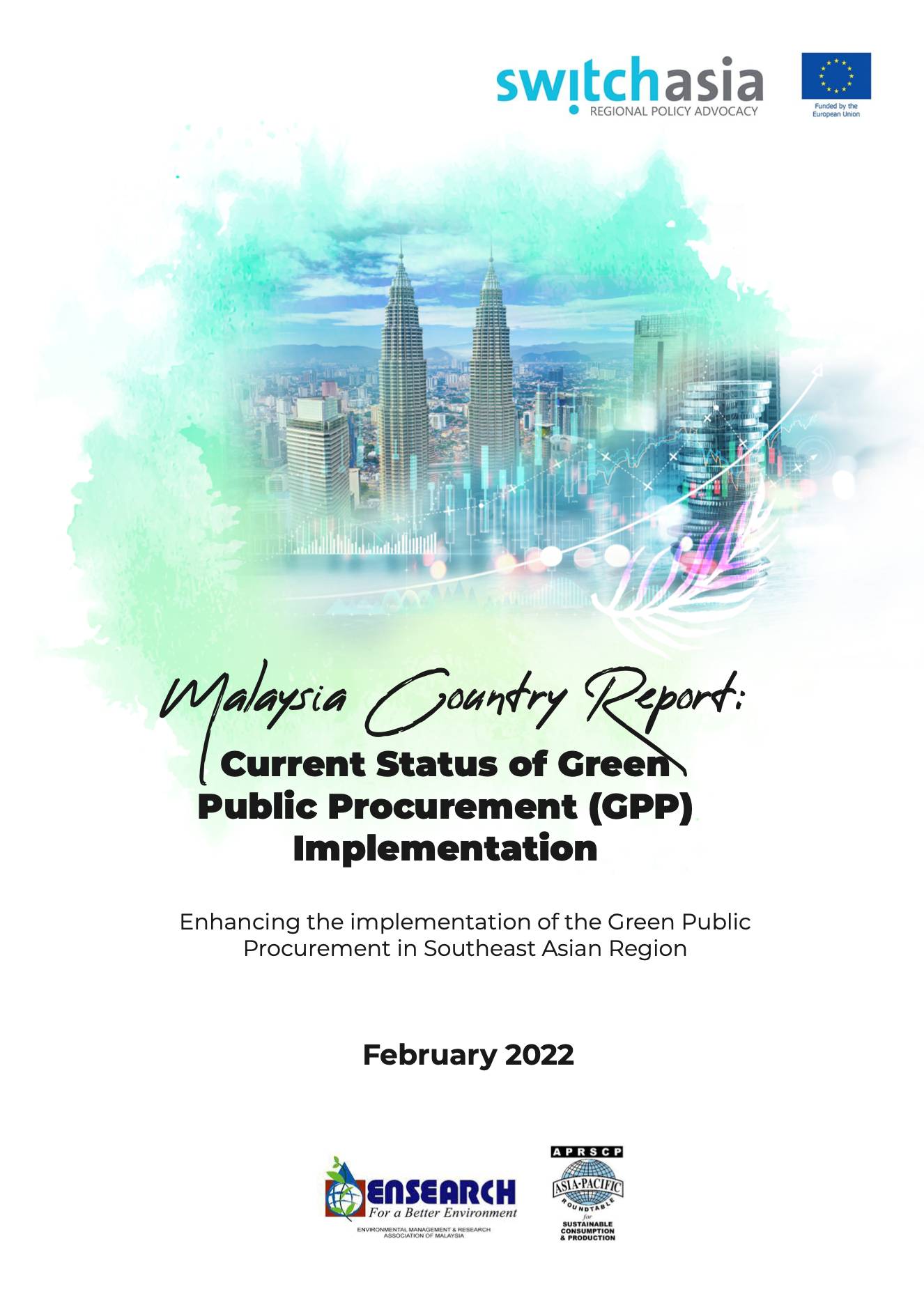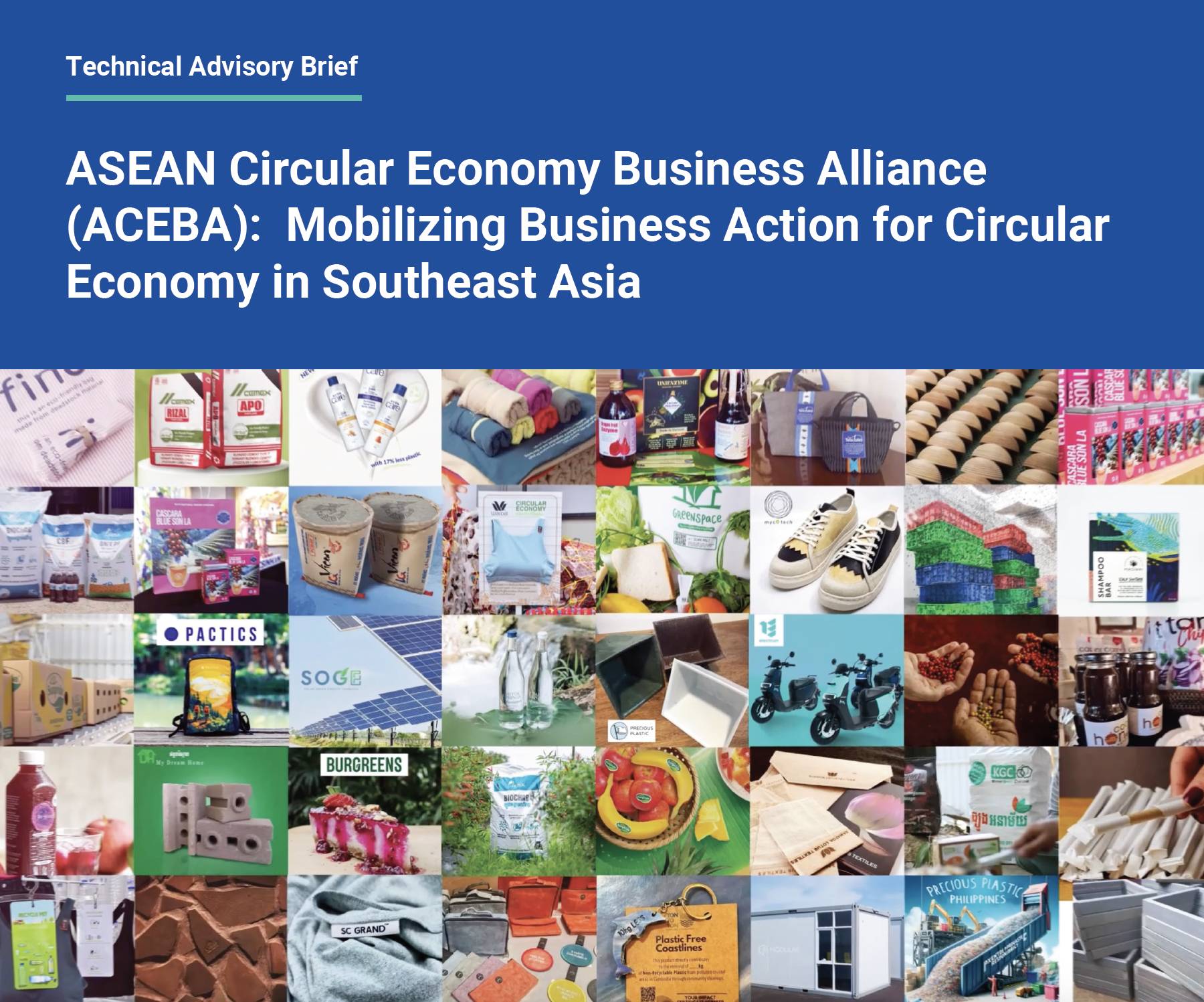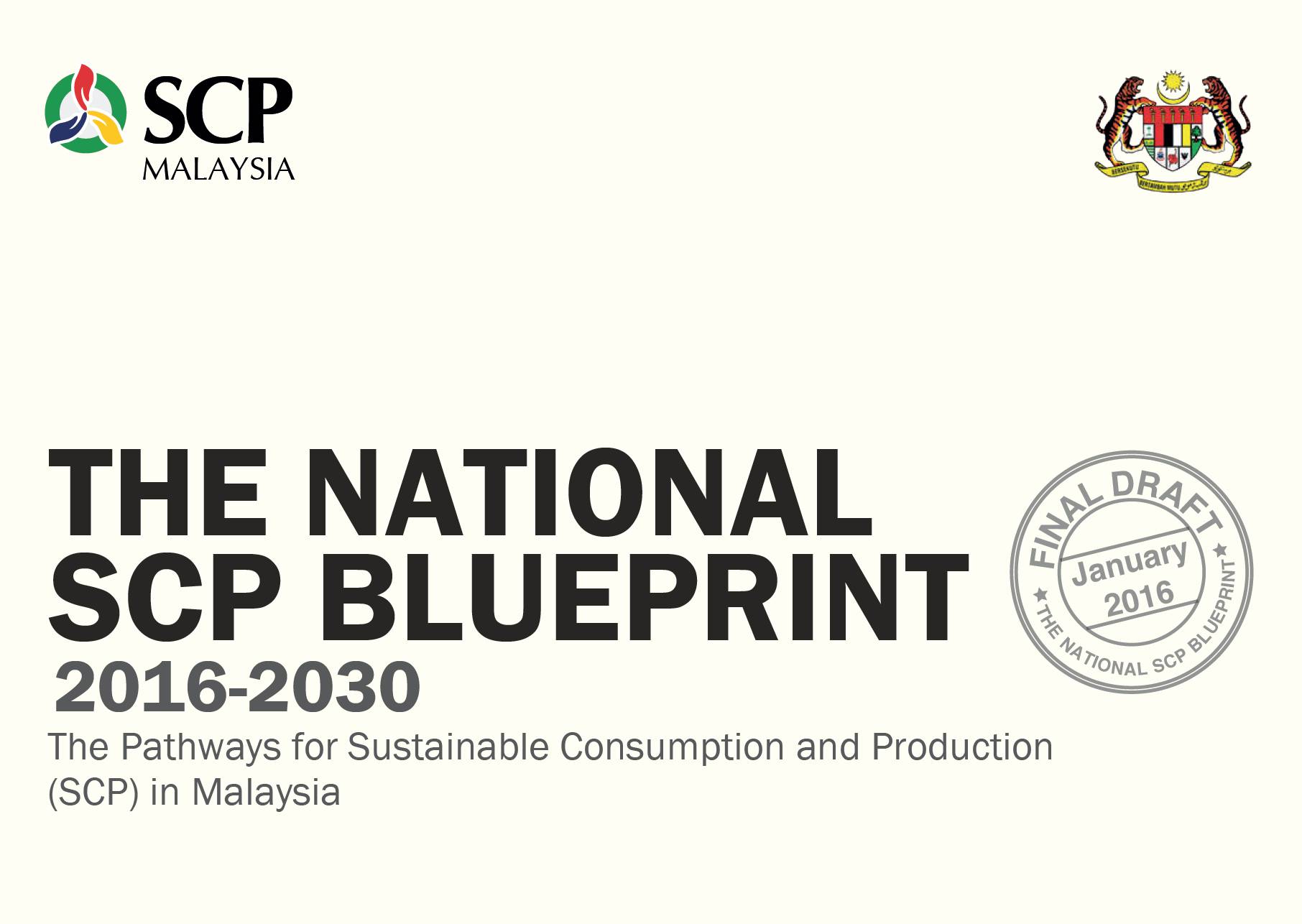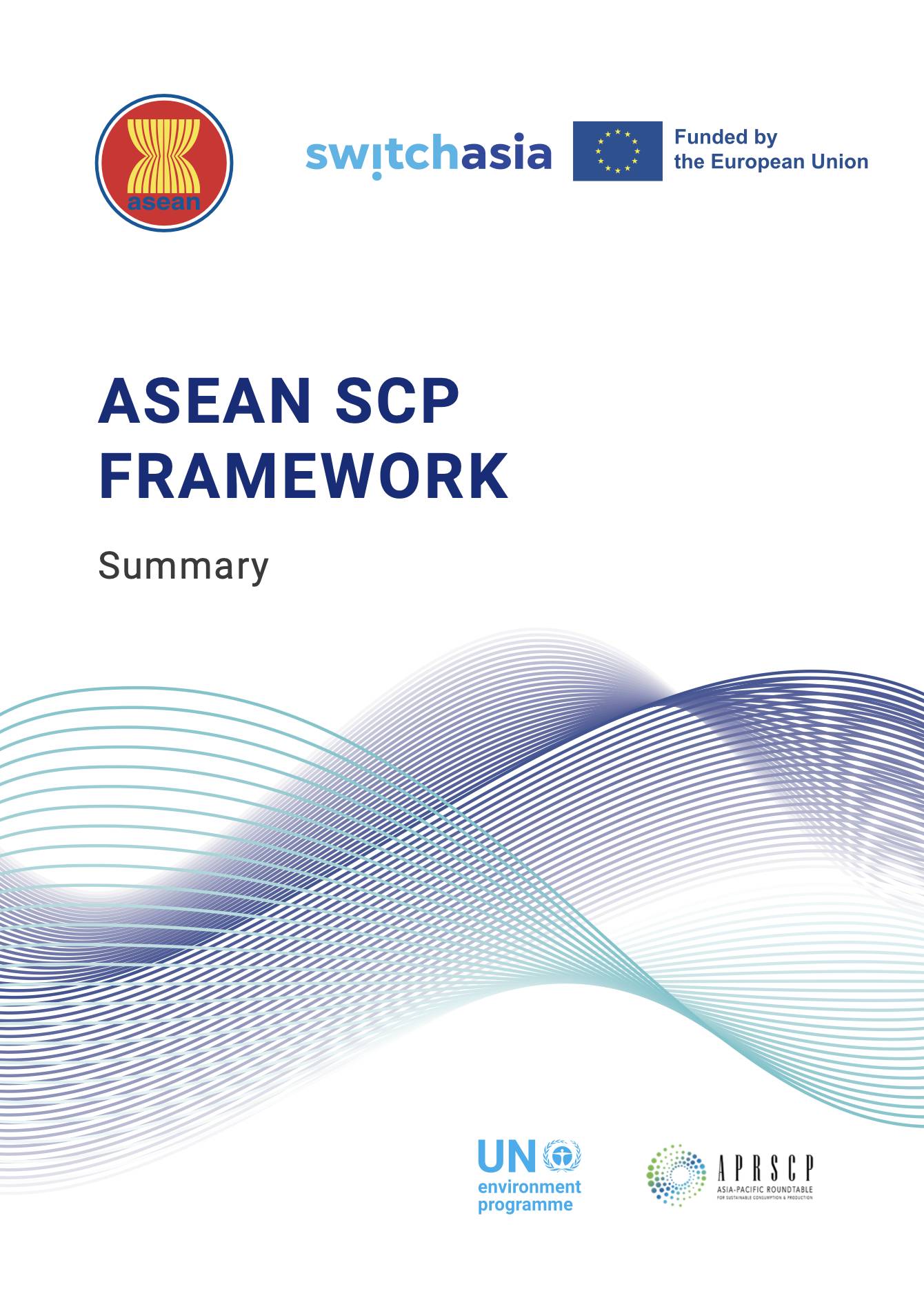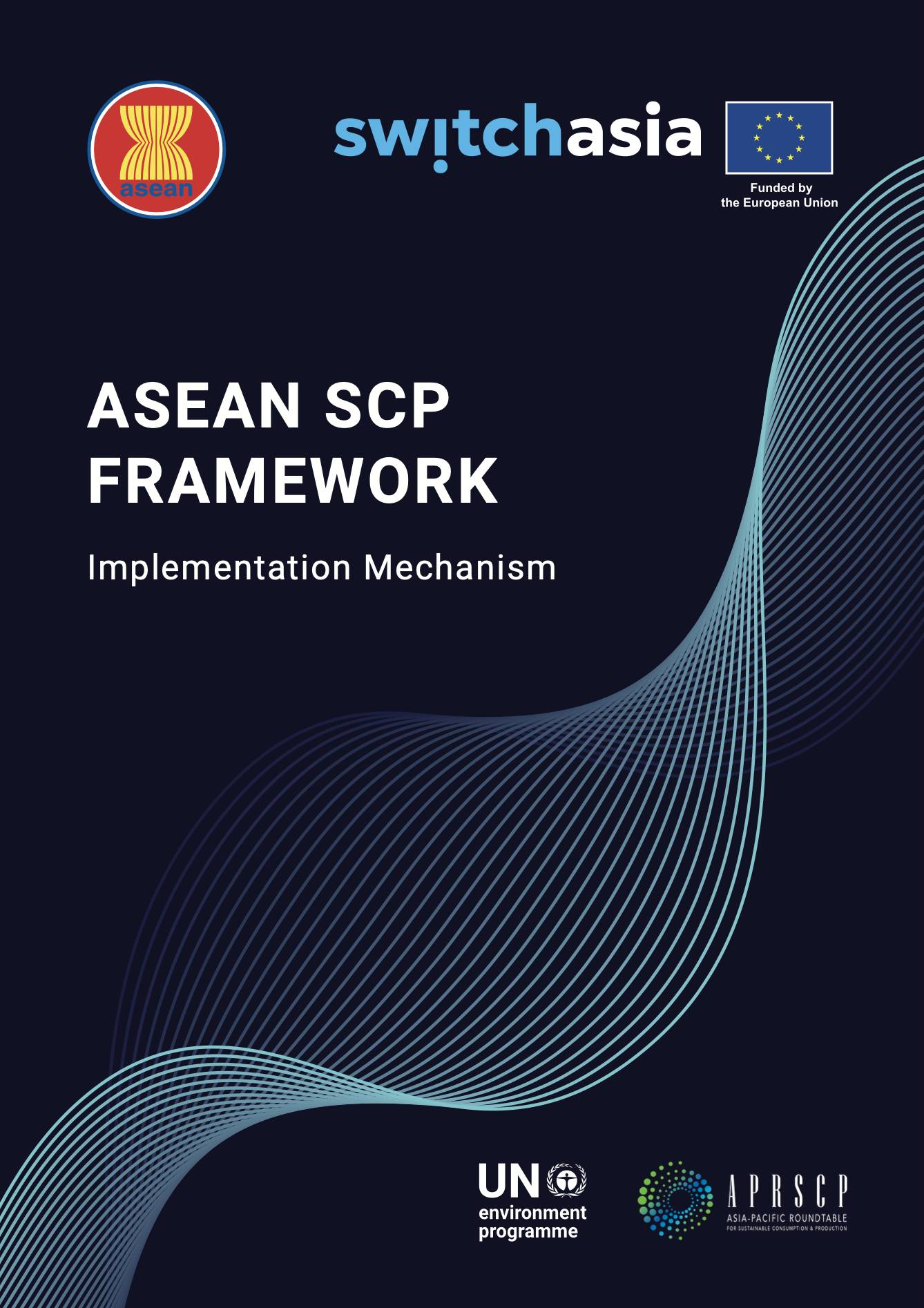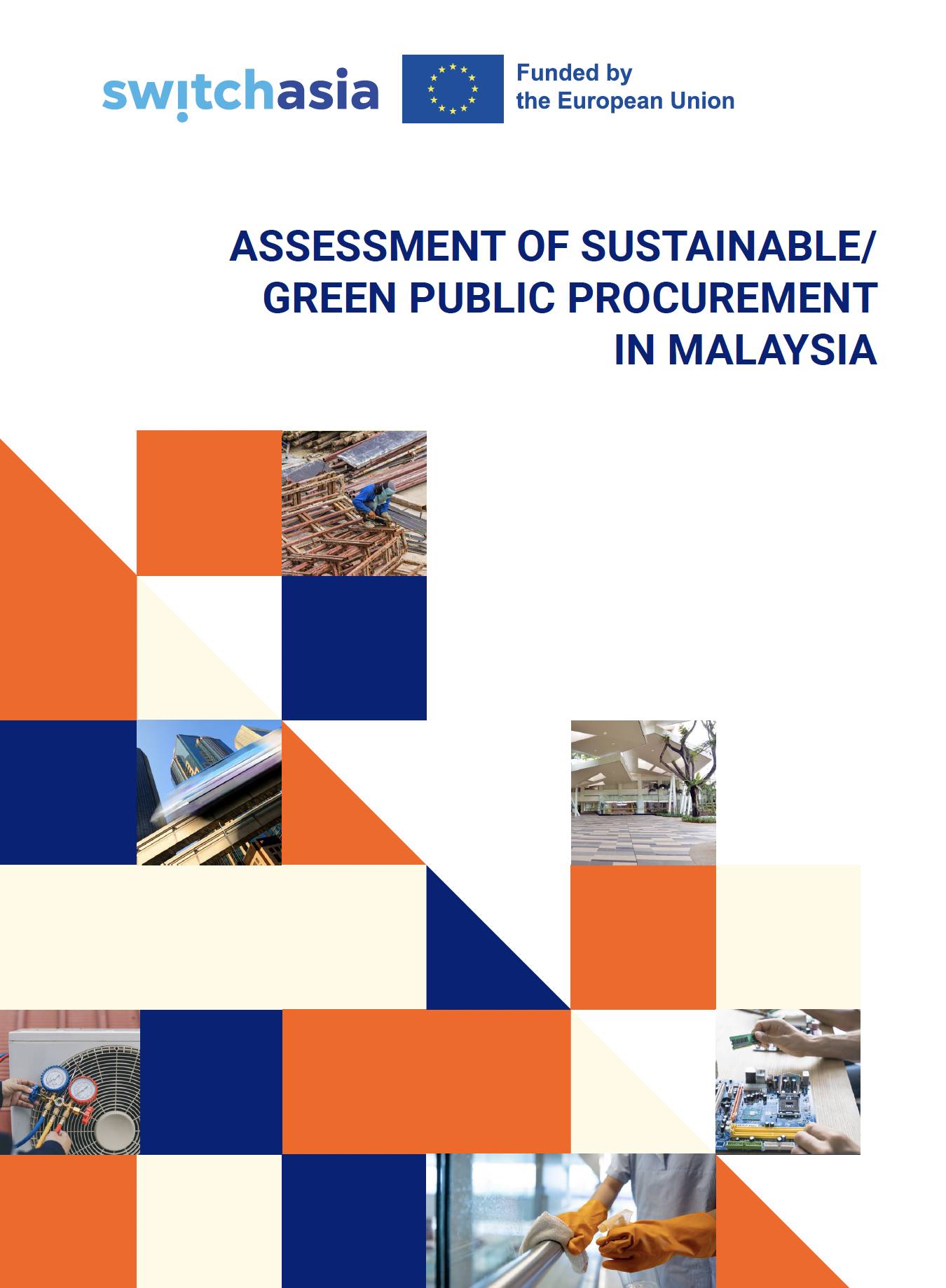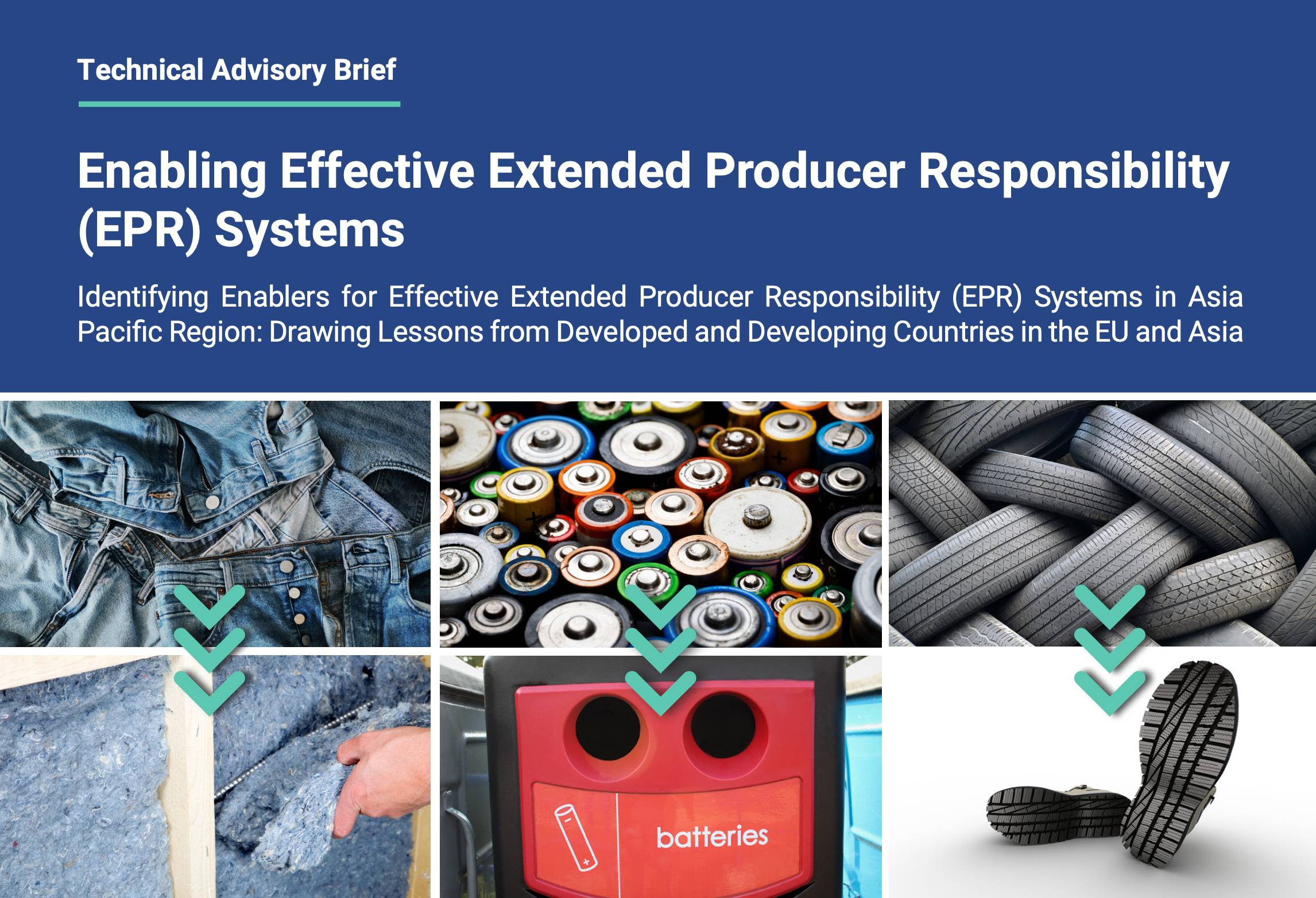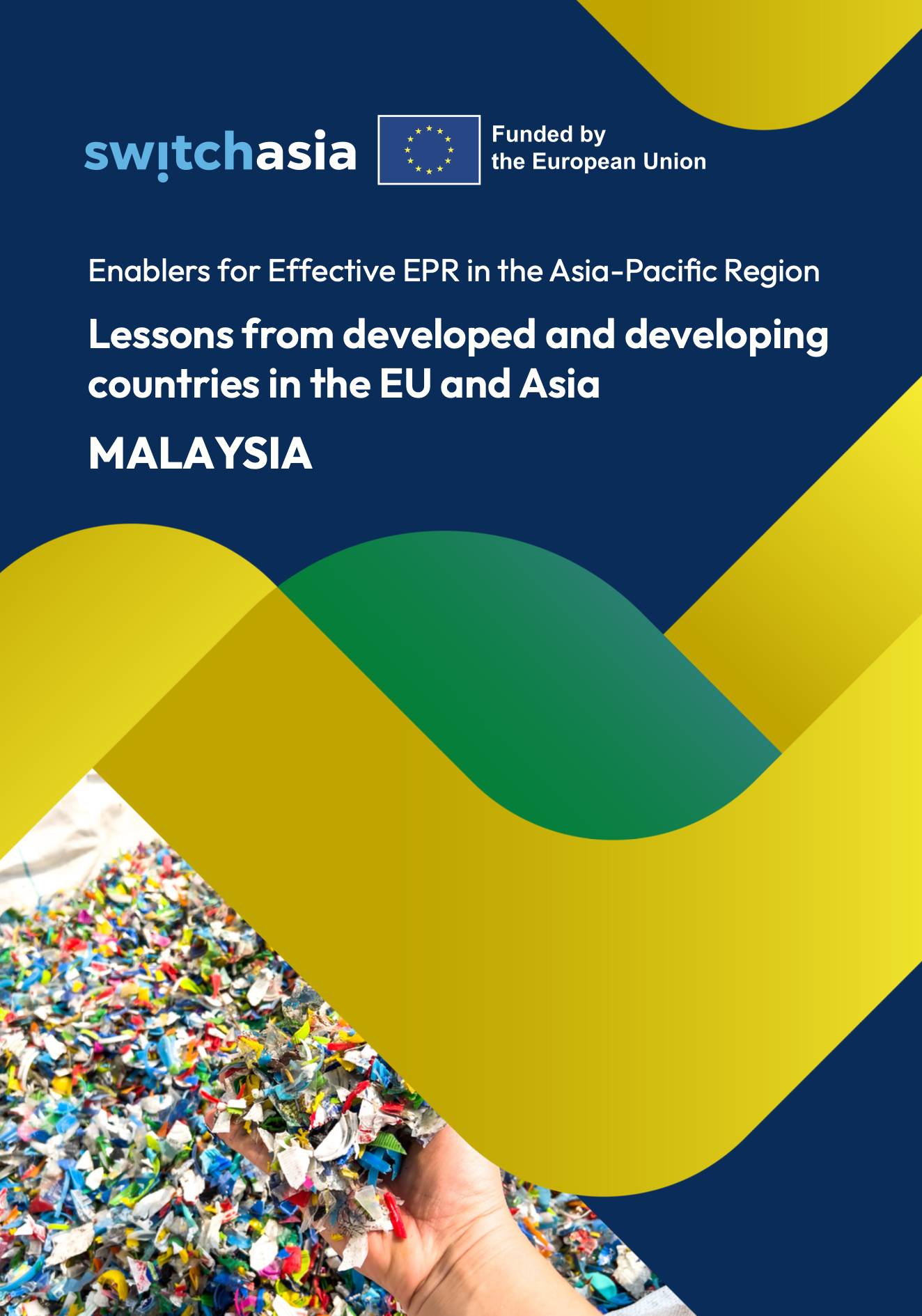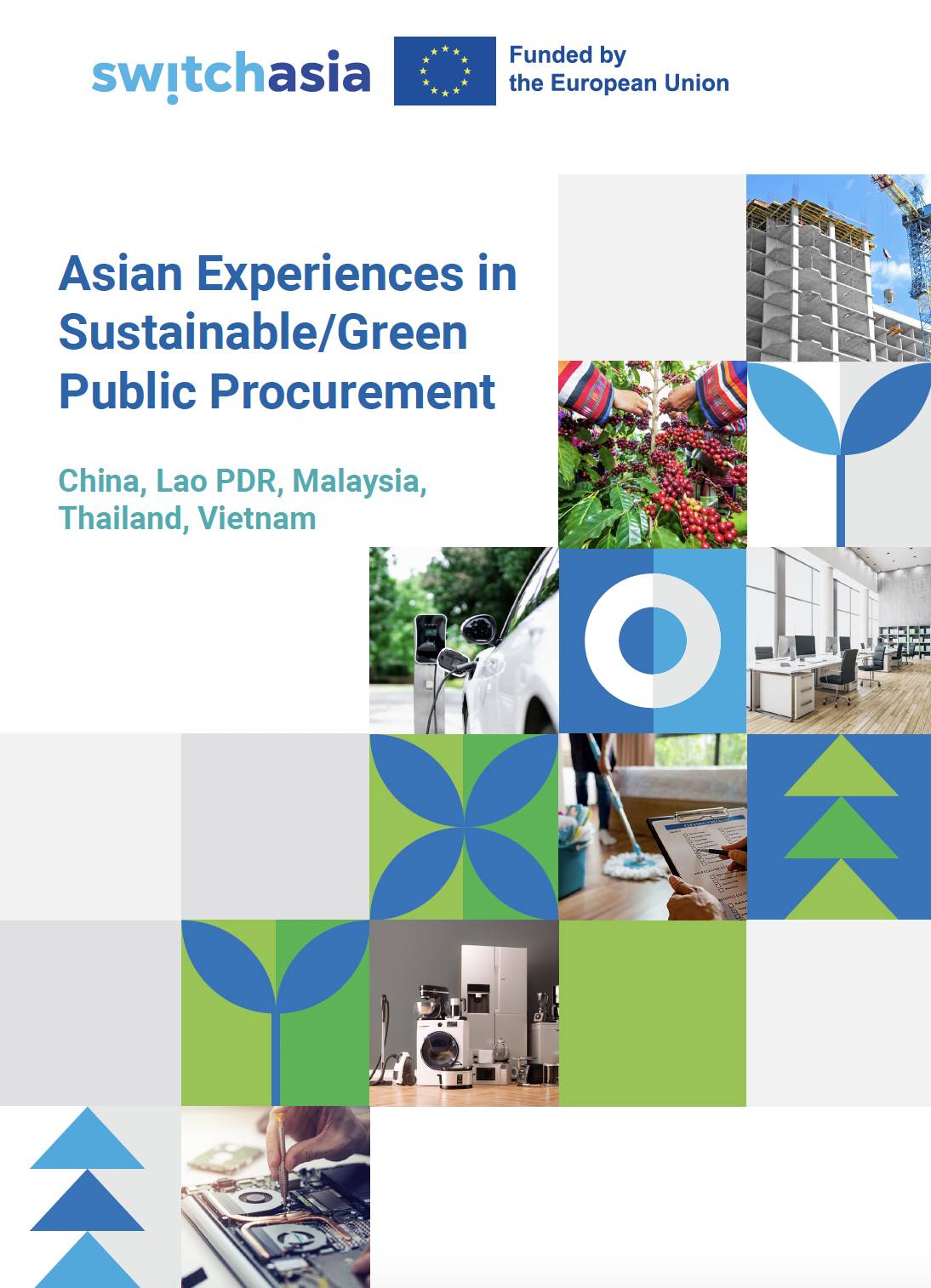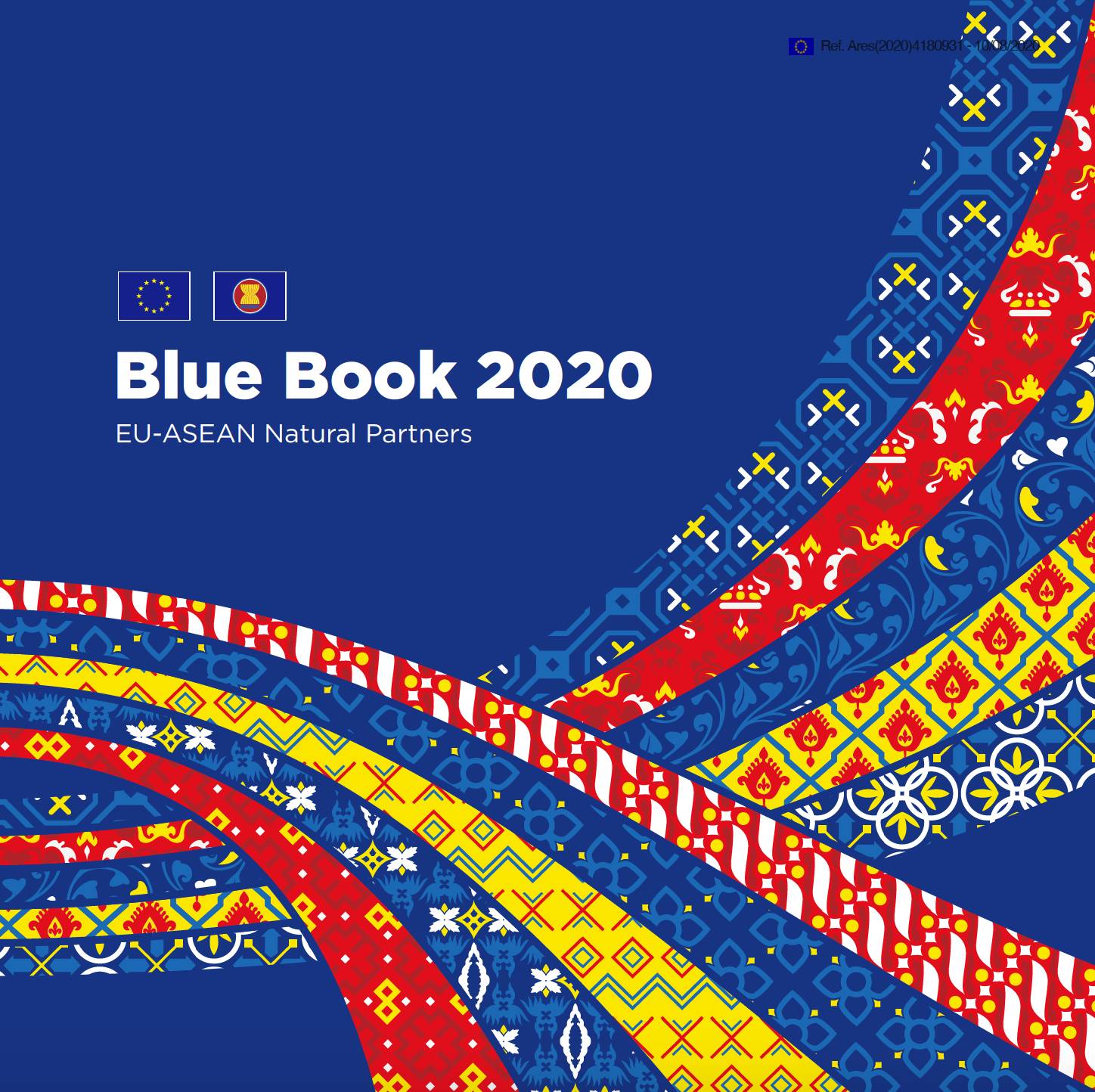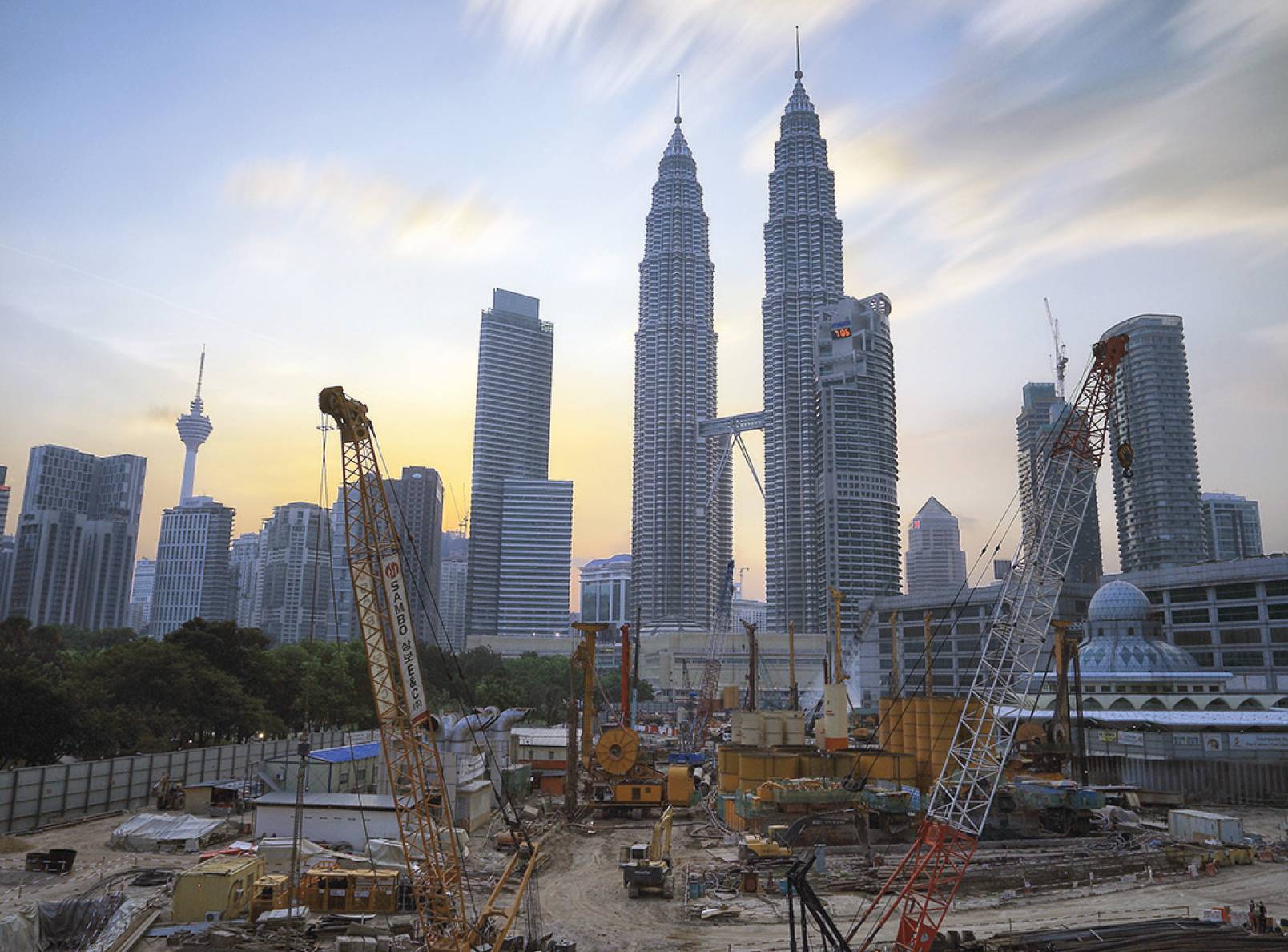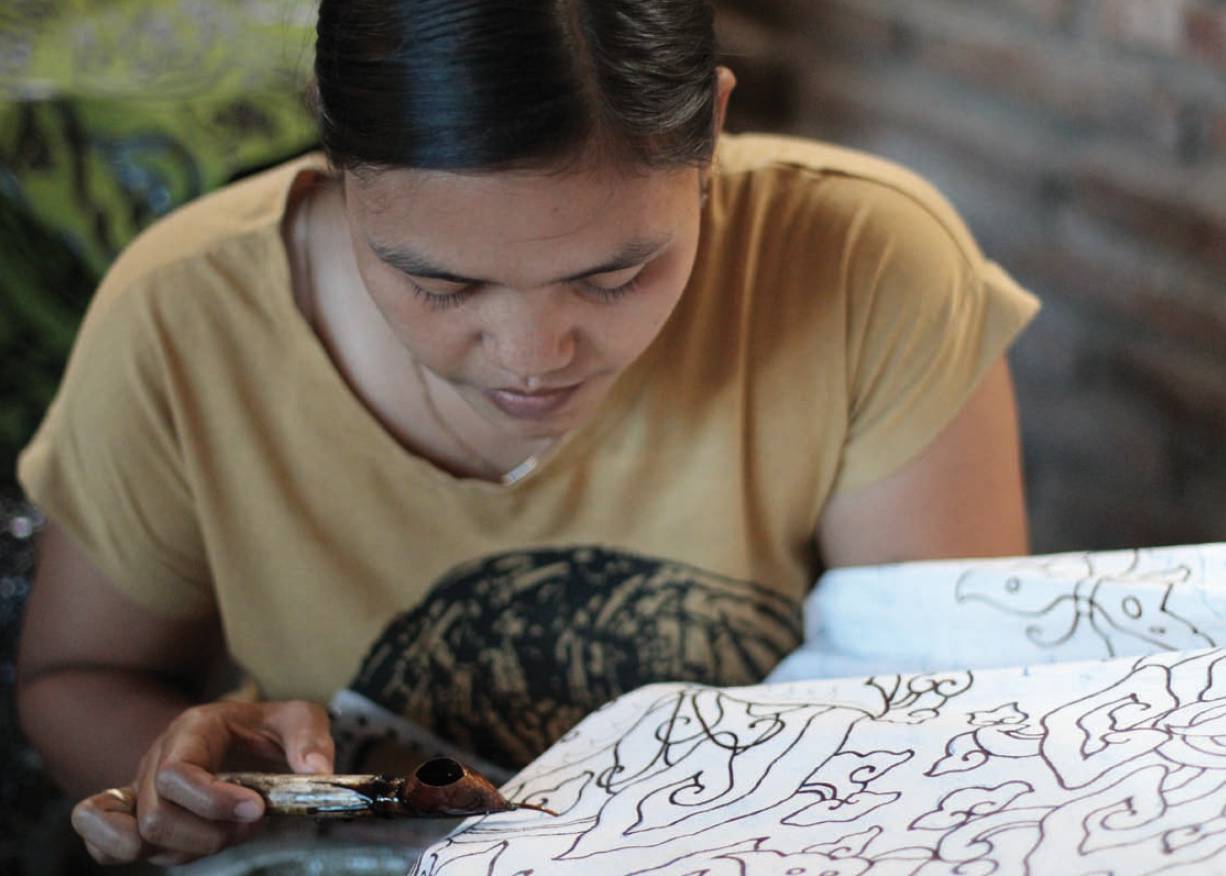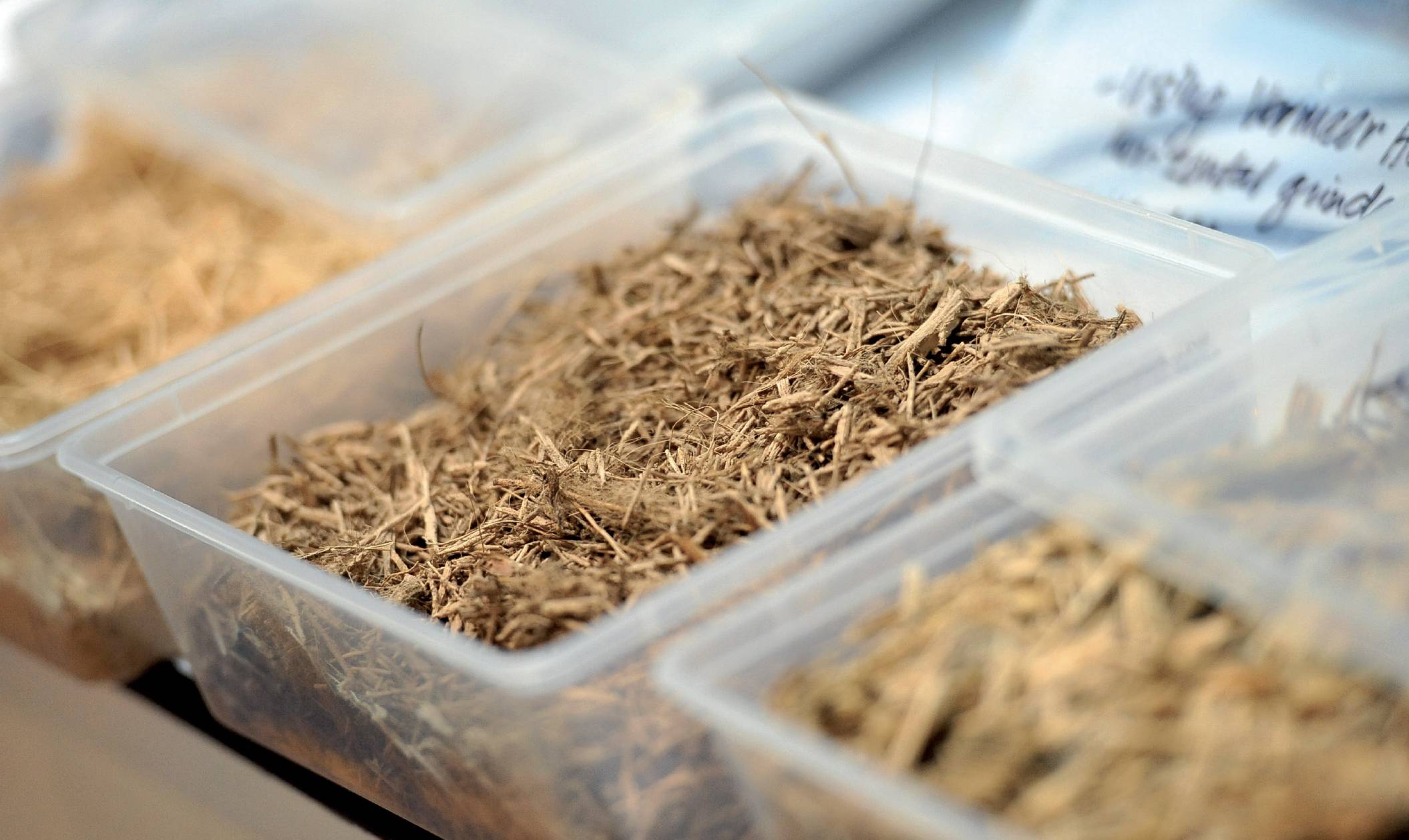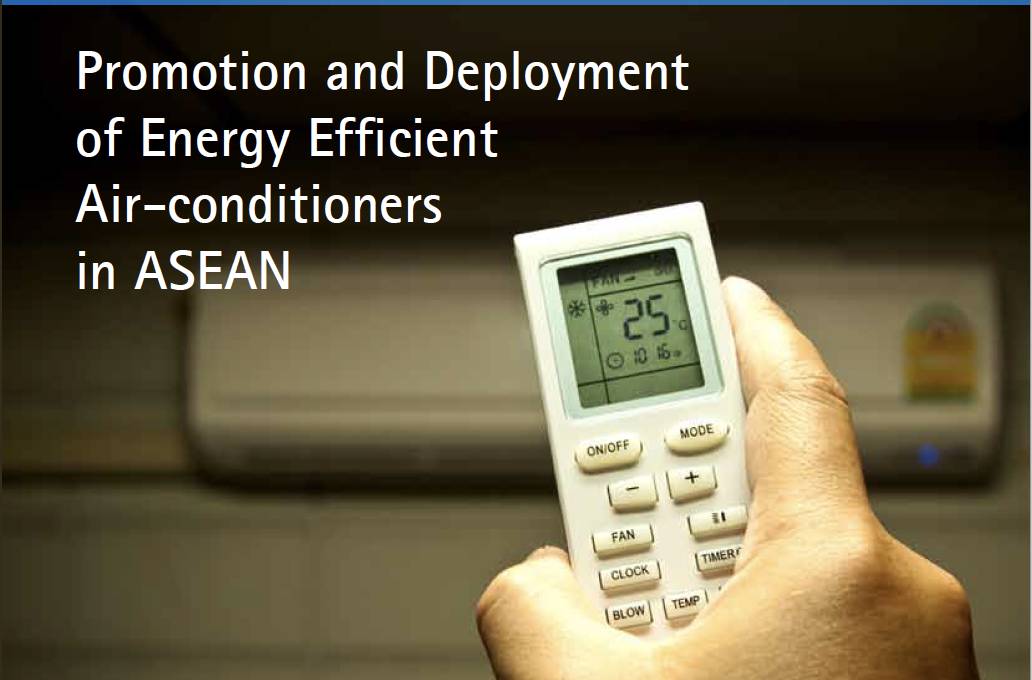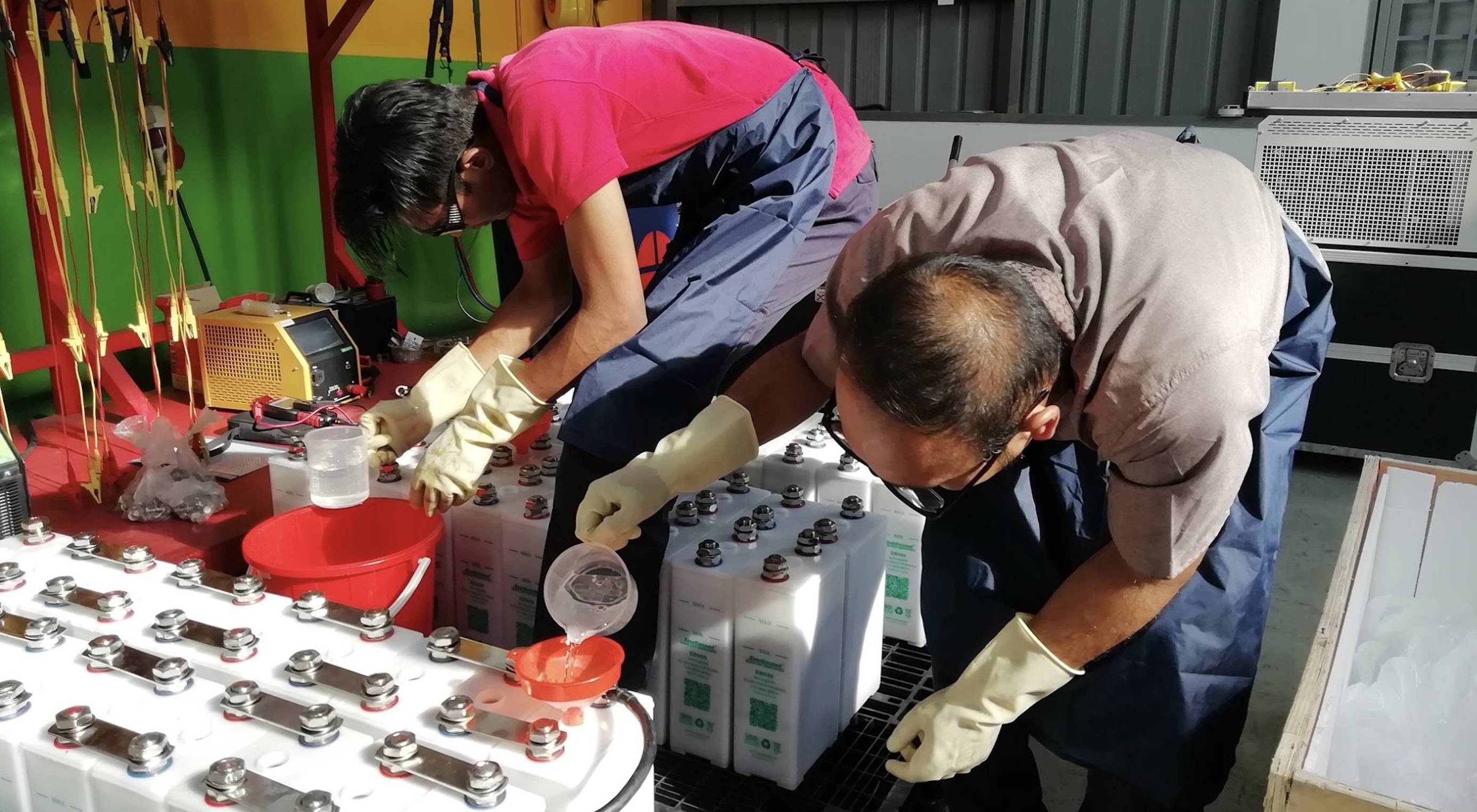
SCP Context
Malaysia has strengthened its sustainable consumption and production (SCP) agenda through a range of national policies and strategies. The National SCP Blueprint 2016–2030[1] provides overall guidance for sustainable resource use and circular economy practices across sectors. Complementing this, the Circular Economy Policy Framework for the Manufacturing Sector 2024–2030[2] and the Circular Economy Blueprint for Solid Waste 2025–2035[3] focus on improving resource efficiency, low-carbon practices, and waste management. To reduce plastic pollution, the Roadmap Towards Zero Single-Use Plastics 2018–2030[4] sets phased targets to cut disposable plastics and promote sustainable alternatives. The Green Technology Master Plan 2017–2030[5] supports the shift to a green economy through low-carbon technologies, while the National Cleanliness Policy 2020–2030[6] strengthens public hygiene and environmental quality. Together, these initiatives align with the Twelfth Malaysia Plan (RMK12) 2021–2025[7] and the Shared Prosperity Vision 2030[8], embedding SCP and circular economy principles into Malaysia’s long-term sustainable development pathway.
Connection to the Global Agenda
Malaysia aligns its national development with the Sustainable Development Goals (SDGs) through the Shared Prosperity Vision 2030 and the RMK12, which provide a framework for inclusive growth and sustainability. The National SDG Centre[9], under the Ministry of Economy, coordinates SDG implementation across ministries and agencies. Malaysia has presented Voluntary National Reviews (VNRs) at the UN High-Level Political Forum in 2017[10], 2021[11], and 2025[12], reporting on progress and challenges in achieving the SDGs. The country is also a party to key international agreements, including the Basel, Stockholm, Rotterdam, Minamata, and Paris Conventions, reflecting its commitment to sustainable development, circular economy practices, and environmental protection.
A key solution to Climate Change
Malaysia has committed to global climate action by ratifying the Paris Agreement in 2016 and pledging to achieve net-zero greenhouse gas (GHG) emissions by 2050. The country’s updated Nationally Determined Contribution (NDC) sets a target of reducing the emissions intensity of GDP by 45% by 2030 compared to 2005 levels[13], supported by the Nationally Determined Contribution Roadmap and Action Plan (NDC RAP)[14]. These commitments are further underpinned by the National Policy on Climate Change 2.0[15] and the National Energy Transition Roadmap[16], which provide strategies for both mitigation and adaptation.
Priority sectors
- Expanding business participation in sustainable practices and integrating them into supply chains, with focus on manufacturing and circular economy initiatives.
- Strengthening partnerships, supporting agri-food processing, connecting farmers to cooperatives, and using technology to reduce food waste and boost value from agricultural products.[17]
- Improving waste management systems by upgrading recycling infrastructure, increasing public participation, and promoting sustainable municipal solid waste practices.
- Strengthening climate resilience by implementing strategies for mitigation and adaptation to address climate impacts.
- Advancing the energy transition by promoting renewable energy, improving energy efficiency, and supporting decarbonization.
[1] Economic Planning Unit. (2016). The National Sustainable Consumption and Production (SCP) Blueprint 2016–2030
[2] Ministry of Investment, Trade and Industry. (2024). Circular Economy Policy Framework for the Manufacturing Sector 2024–2030
[3] Ministry of Housing and Local Government. (2024). Circular Economy Blueprint for Solid Waste 2025–2035
[4] Ministry of Energy, Science, Technology, Environment & Climate Change. (2018). Malaysia’s Roadmap Towards Zero Single-Use Plastics 2018–2030
[5] Ministry of Energy, Green Technology and Water. (2017). Green Technology Master Plan 2017–2030
[6] Ministry of Housing and Local Government. (2019). National Cleanliness Policy 2020–2030
[7] Economic Planning Unit. (2021). Twelfth Malaysia Plan 2021–2025
[8] Minister of Economy. (2019). Shared Prosperity Vision 2030
[9] National SDG Centre Website
[10] Economic Planning Unit. (2017). Malaysia Voluntary National Review 2017
[11] Economic Planning Unit. (2021). Malaysia Voluntary National Review 2021
[12] Ministry of Economy. (2025). Malaysia Voluntary National Review 2025
[13] Government of Malaysia. (2021). Malaysia NDC Updated Submission to UNFCCC
[14] Ministry of Natural Resources and Environmental Sustainability. (2025). Malaysia’s Nationally Determined Contribution Roadmap and Action Plan (NDC RAP)
[15] Ministry of Natural Resources and Environmental Sustainability. (2024). National Policy on Climate Change 2.0
[16] Ministry of Economy. (2023). National Energy Transition Roadmap
[17] Wong, H. W., Azwina Wati A. M., & Chung, K. W. (2024). Comprehensive Legislation Development and Policy Framework for Effective Food Waste Management in Malaysia
A look back at milestones that shaped our work
2018
SCP Facility
- Preliminary assessment of SCP related policies, activities, needs/gaps, and opportunities.
Regional Policy Advocacy Component (RPAC)
Facilitated the participation of Malaysian key-stakeholders in the following regional/ sub-regional activities:
- Asia Pacific Low Carbon Lifestyles Challenge (19-22 Mar 2018), hosted by Thailand, regional level
- Transforming Asia Pacific: Innovative Solutions, Circular Economy and Low Carbon Lifestyles (17-19 Sep 2018), hosted by Thailand, regional level
- Asian Circular Economy Leadership Academy (3-8 Dec 2018), hosted by Thailand, regional level
2019
SCP Facility
- A demand was recevied from the National Focal Point from the Ministry of Economic Affairs for support on Government Green Public Procurement, Communication and Public Awareness for SCP, as well as sharing experience on the implementation of the SCP Action Plan.
- A concept note with specific actions and timeline is currently being developed by the SCP Facility on the best support to be provided to the country.
Regional Policy Advocacy Component (RPAC)
Facilitated the participation of Malaysian key-stakeholders in the following regional/ sub-regional activities:
- “Sustainability Reporting – Thinking Circular Economy by Businesses” - This event was organised back-to-back with 2019 Asia Pacific Forum on Sustainable Development (27 Mar 2019), hosted by Thailand, regional level
- Businesses Accelerating Inclusive Green Economies – "Leaving No One Behind” - Side event on the Responsible Business and Human Rights Forum co-organised by the Royal Thai Government, OECD, United Nations Development Programme (UNDP), ESCAP, International Labour Organization (ILO) and with the participation of the UN Working Group on Business and Human Rights (11 Jun 2019), hosted by Thailand, regional level
- 2019 Southeast and Northeast Asia Policy Dialogue and Training on “Harmonizing SPP practices and Measuring SPP benefits” - The activity took place in parallel with a series of events related to green procurement organized by the China Environmental United Certification Center (CEC) (23 - 25 Oct 2019), hosted by China, regional level
- WEBINAR: SDG 12.1 Reporting for SWITCH-Asia Countries – Connecting the dots between actions and reporting (5 Nov 2019), regional level
- Policy Dialogue on SDG12 Reporting (21 Nov 2019), hosted by Vietnam, regional level
- 2019 SWITCH-Asia Leadership Academy on Circular Economy (2-6 Dec 2019), hosted by China, regional level
- "Supporting decision making on SCP through training on Sustainable Procurement” - This event was organised back-to-back with International Conference on Sustainable Energy and Green Technology 2019 (11 Dec 2019), hosted by Thailand, regional level
2020
Regional Policy Advocacy Component (RPAC)
Facilitated the participation of Malaysian key-stakeholders in the following regional/sub-regional activities:
- SWITCH2Green Meeting - RPAC initiated the discussion and shared the first report in 2020. (April 2020)
- MOVING THE NEEDLE ON CLIMATE CHANGE – The event was co-organised by the UNESCAP as a part of the 2020 Virtual United Nations Responsible Business and Human Right Forum (RBHRF) (10 Jun 2020), regional level
- WORLD ENVIRONMENT DAY 2020 – A media kit was provided to call for action to promote SCP as a part of the 2020 World Environment Day (WED) celebration (5-7 Jun 2020), regional level
- Intervention in regional forum: Webinar on Sustainable Lifestyles for Plastics & Packaging Waste Management During a Pandemic COVID-19 (6 Aug 2020), regional level
- SCP in Tourism: Opportunities and Challenges with COVID-19 (8 Oct 2020), regional level
- Innovation and Connectivity through Farm to Fork (13 Nov 2020), regional level
- Sustainable Lifestyles for SCP (19 Nov 2020), regional level
- Support to Steering Committee of SWITCH-Asia – Provide support for the annual Steering Committee Meeting to review each country proposed 2021 workplan (3 Dec 2020), regional level
- Regional Policy Dialogue on Circular Cities (4 Dec 2020), regional level
- Regional Dialogue Driving Mechanisms for Eco-Design in Asia (9 Dec 2020), regional level
- Leadership Academy on Circular Economy 2020 (14-18 Dec 2020), regional level
- Webinar: Innovations & Startups (16 Dec 2020), regional level
2021
Facilitated the participation of Malaysian key-stakeholders in the following regional/sub-regional activities:
- Contextualising the Circular Economy for Action (4 Feb 2021), regional level
- Virtual Consultation: Mapping SCP in ASEAN Countries (17 March 2021), sub-regional level
- Technology for Circular Economy: A Prologue to the 2021 SWITCH-Asia Leadership Academy (25 March 2021), regional level
- Circular Economy and Sustainable Lifestyles Course (18 May 2021), regional level


